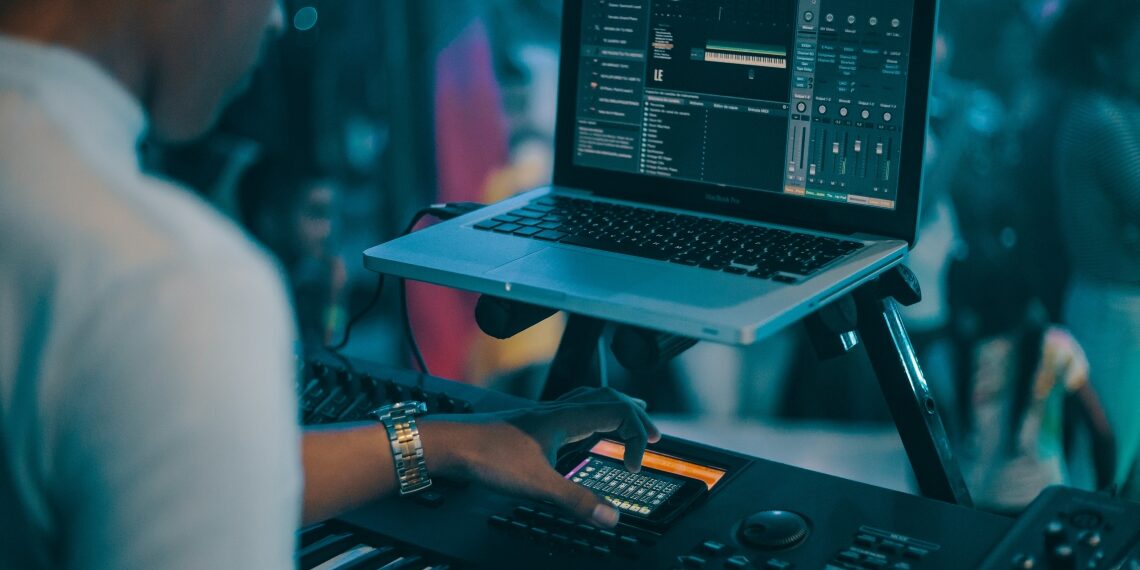Universal Music Group (UMG) and Warner Music Group (WMG) are reportedly in talks with Google, the parent company of YouTube, to obtain licenses for artists’ voices in a music-creation tool. These discussions, mentioned in a Financial Times report citing anonymous sources, have not been publicly commented on by the parties involved. Uncertainty looms over when or if an agreement will be reached. In the meantime, fans continue to upload various songs imitating the styles of popular artists. Universal Music, after failing to reassure artists and producers about the popularity of AI-generated music on streaming platforms, is now considering licensing its artists’ voices and melodies to an AI music creation system.
According to the Financial Times, these talks are still in the early stages and the AI tool’s launch is not imminent. The primary objective for Universal Music is to secure compensation for the use of their protected assets. As expected, some artists have expressed concerns about AI’s potential to replace human creativity and eliminate careers. However, these artists may have the option to participate in Google’s rumored AI music program, which includes MusicLM.
Likewise, WMG is reportedly exploring the possibility of licensing agreement with Google for the same AI music-creation tool. This quarter, WMG has lined up some “big name” AI releases. However, the larger-scale implications of enabling widespread soundalike songs and the future commercial impact of this AI software raise serious concerns.
Even before the age of artificial intelligence, it had already become challenging for many artists to gain recognition among the overcrowded streaming services. Now, alongside the growing popularity of AI-generated music and officially licensed AI works, the landscape has become even more crowded and competitive. For instance, Grimes AI, distributed by TuneCore, already has 144,000 monthly listeners on Spotify and continues to release a steady stream of copycat tracks. But, it remains to be seen how licensed AI-generated music will impact artists, fans, and the commercial landscape of music consumption in the long run.
The whytry.ai article you just read is a brief synopsis; the original article can be found here: Read the Full Article…





